For more than 25 years, South Park has been one of the most outrageous, boundary-pushing animated series on television. The show is most often vilified for its adult content and childish approach (usually by critics who haven’t watched beyond Season 2 episode 2), but it’s also celebrated for its biting satire and crude humor.
Videos by ComicBook.com
However, longtime fans know that Trey Parker and Matt Stone have also created some of the most unexpectedly emotional and heartbreaking episodes in modern TV. Beneath the toilet humor and wild storylines, the show frequently addresses real-world subjects from the political spectrum all the way across to the struggles of growing up.
So, just for you, we’ve put together a list of the 10 episodes in the franchise’s history that will well and truly bum you out… You’re welcome.
10) “The Return of Chef” (Season 10, Episode 1)
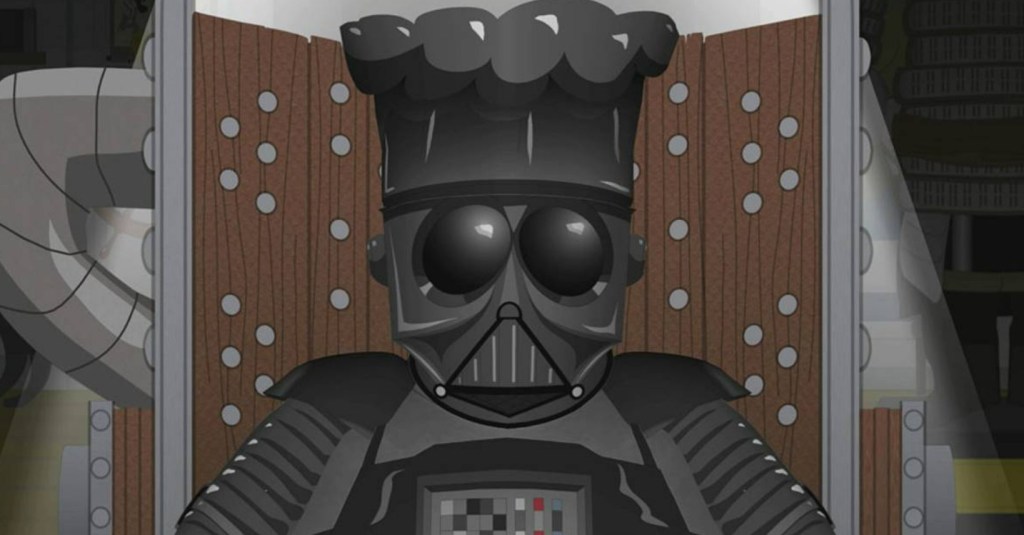
Few moments in South Park history are as bittersweet as saying goodbye to Chef. Isaac Hayes, who voiced the beloved character, left the show following controversy over its treatment of Scientology, and the creative team responded with an episode that doubled as both satire and farewell.
In “The Return of Chef”, Chef comes back to town, but has clearly been brainwashed by a strange group known as the “Super Adventure Club”. The boys try to rescue Chef, but he tragically falls to his death. The closing funeral scene, complete with Stan’s heartfelt words, is one of the most emotional in the series.
The double standards made by Isaac Hayes were global news at the time. Many were disappointed in his reaction, considering he had been happy to laugh at and mock every other religion, creed, and social attitude up to that point. Hayes’ departure over Scientology brought Chef’s death into the narrative, making the episode not only a fictional tragedy but a real-world farewell to a beloved voice. The blending of archival audio and twisted reality reflects how sensitive cultural and personal issues — especially religion in America — can be a catalyst for real consequences in television production.
9) “Skank Hunt” (Season 20, Episode 2)
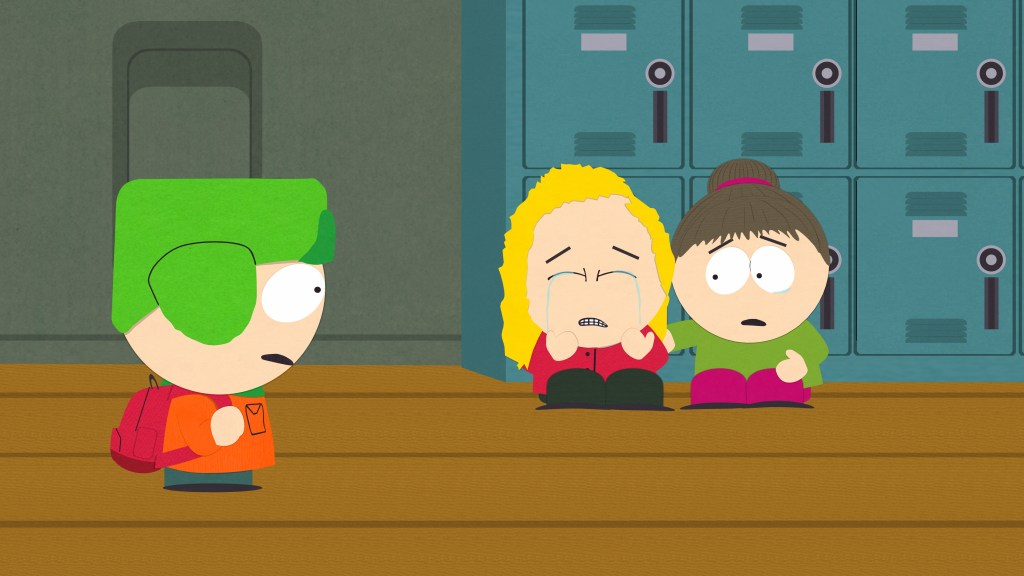
When people think of poignantly sad South Park episodes, “Skank Hunt” is rarely one that springs to mind. But it is one of the show’s darkest looks at online harassment.
This is the second episode that focuses on Gerald Broflovski, Kyle’s dad, who secretly becomes the anonymous internet troll “Skankhunt42”. His trolling is so powerful and insidious that it pretty much breaks the entire town. It drives a wedge between relationships, sparks mass panic at the school, and even leads to Danish Olympian Freja Ollegard taking her own life.
Closer to home, the female faction of South Park Elementary takes action and performs a mass breakup throughout the school. Heartbroken and single, the boys finally take extreme action. Believing Cartman is to blame, they “take him out” by destroying all his tech, effectively ending his online life.
The episode digs into the toxic side of online anonymity and the destructive ripple effects it can have in real life. It tackles the subject matter on all fronts. From the extreme swings from no action to over-the-top actions when men are held to account, to even explicitly satirizing suicide prevention culture and the performative mourning on platforms like Twitter. The storyline works because of its bleak honesty about how far-reaching and personal internet harassment can become. It taps into the real-world rise of trolling and cyberbullying, and the lack of accountability on all fronts. Though this story arc goes on to more ridiculous extremes, and the eventual defeat of trolls. There is a helplessness that comes in this episode. Which is why it made our top 10.
8) “Tweek x Craig” (Season 19, Episode 6)
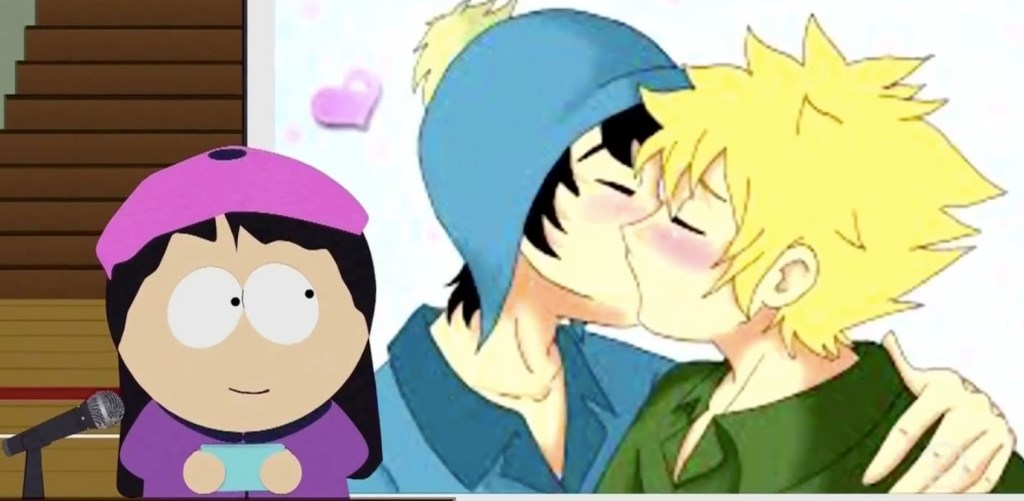
At first, “Tweek x Craig” plays like a typical South Park episode. On the surface, it’s raising a very interesting issue around shipping culture, fan-fiction, and the fetishizing of homosexual relationships. Especially when it comes to the real fanatical fans that pretty much disrespect the people they supposedly worship.
When Asian girls at school start producing drawings of Tweek and Craig as a couple, the whole town goes overboard on a hip new art form — Yaoi — to feel cool and important. They barely even consider the boys’ feelings. Though the episode ends with Tweek and Craig becoming a genuine couple, the forced “outing” of them, and the entire community’s disregard for their personal lives is poignant.
7) “Free Willzyx” (Season 9, Episode 13)

Though “Free Willzyx” is initially a parody of movies like Free Willy, its ending turns unexpectedly heartbreaking. After believing that a whale named Jambu is trapped in captivity and pleading to be sent back to his family, the boys go to great lengths to try to launch him into space. The comedy of the premise is classic South Park, but when the plan succeeds, the episode ends with the whale freezing to death on the moon.
This episode captures the innocence of childhood, colliding with the cruelty of reality, and serves as a reminder of how adults’’ actions have consequences. In this case, “Free Willzyx” critiques the ethics of animal captivity. It echoes real-life controversies surrounding marine parks and aquariums that claim conservation motives while separating creatures from their natural habitats.
The tragic ending also holds a mirror up to humans trying to “save” an animal without understanding the science. It shows that misguided interventions — even well-meant ones — can lead to greater harm. It’s a sobering reminder of humans’ impact on wildlife through ignorance.
6) “The Poor Kid” (Season 15, Episode 14)
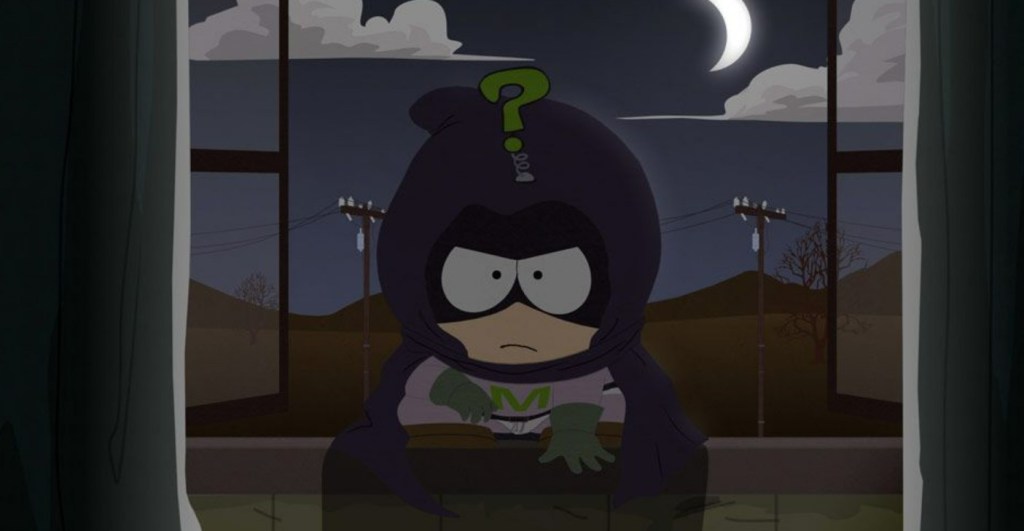
Though Kenny started as often the butt of the joke in South Park, as the show progressed, so did his empathy. “The Poor Kid” is a great example of this. After his parents are arrested, Kenny and his siblings are placed into foster care, where they’re forced to deal with an abusive household. He dons his Mysterion hero persona to keep his siblings safe and make sure they know someone cares. His speech to his sister Karen hits you in the feels every time.
The episode draws attention to systemic inequities in child welfare and foster systems, and how often adults putting on a show of “goodness” is enough for social worker approval. By centering Kenny and his siblings’ experiences, the show humanizes a demographic too often dismissed.
5) “The City Part of Town” (Season 19, Episode 3)

And the sad Kenny episodes don’t stop there. When Whole Foods moves into the neighborhood, the town scrambles to appear more sophisticated, leading to the creation of a trendy new district. Meanwhile, Kenny’s family home is still crumbling in the shadow of the new shiny hipster businesses.
Kenny’s parents constantly moan about having no money while sitting on the couch all day, drinking. So, it’s up to Kenny to work. He finds a job at the City Wok restaurant, cleaning the floors. When he returns home, his parents ask if he made some money, to which Kenny lies, saying no. However, Kenny hides his earnings from his father and uses what little money he made to buy a doll for his little sister. The secrecy highlights not only the family’s financial instability but also the burden placed on Kenny at such a young age.
4) “Best Friends Forever” (Season 9, Episode 4)

Our last Kenny entry, promise! “Best Friends Forever” takes a serious turn when Kenny falls into a vegetative state after a tragic accident. His friends and family are forced into a tug-of-war over whether to keep him on life support, with initially no guidance on Kenny’s wishes. The plot mirrors real-world controversies surrounding end-of-life decisions, particularly the Terri Schiavo case, which was unfolding at the time.
In South Park, various factions co-opt Kenny’s situation for spectacle, echoing how Schiavo’s situation was transformed into a media circus. The parody underscores how private, emotionally fraught choices become public debates when politics and ideology get involved. Schiavo’s case spotlighted the importance of living wills, autonomy, and the emotional toll on families. The sadness here comes not only from Kenny’s plight but from how his supposed “best friends” make his suffering about them, arguing in public about who is right, rather than what is right.
3) “You Have 0 Friends” (Season 14, Episode 4)

Few episodes capture the isolation of being the unpopular kid and trying to navigate the digital age like “You Have 0 Friends”. Stan is reluctantly made to set up Facebook, where his online life spirals into unwanted popularity. Meanwhile, Kyle loses friends after befriending the unpopular Kip Drordy, who has no online connections. Kyle initially feels the pressure to drop Kip as a friend, leaving the kid depressed. But by the end, Kyle chooses to transfer every one of his 1000+ friends over to Kip.
“You Have 0 Friends” may predate the social media boom, but it eerily predicts the power it holds — the transactional nature of “likes”, the pressure of online validation, and the emotional perils of friend counts, especially for younger people.
2) “The Hobbit” (Season 17, Episode 10)
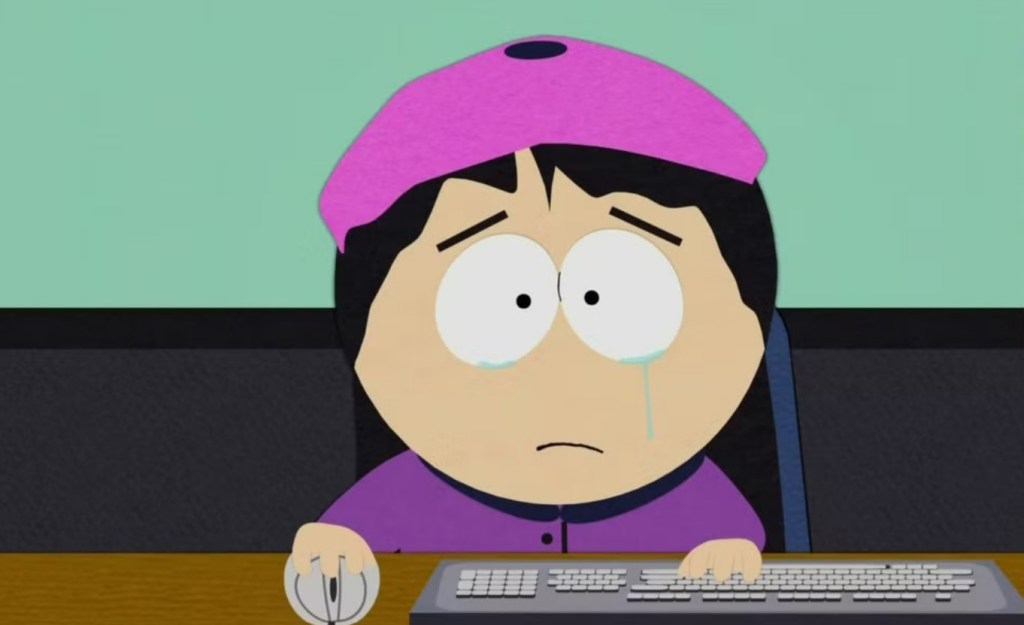
“The Hobbit” is a damning indictment of society’s obsession with beauty standards and image manipulation, with a particular focus on the pressures placed on women. The story follows Wendy as she criticizes the glorification of Photoshopped images, only to be dismissed and mocked by her classmates. The pupils of South Park Elementary become so brainwashed by the doctored images that they are blinded to the point of dating the real girl while staring at their fake picture.
Wendy tries to convince everyone that these beauty standards are harmful. The episode is heartbreaking because, despite hearing what Wendy is saying, Stan desperately wants her to conform so he doesn’t lose face. It’s the final straw for Wendy, who had already lost hope in her friends’ ability to see past surface-level appearances. The real tragedy comes when, defeated, she chooses to join them. By portraying Wendy’s awareness clashing with peer conformity, South Park mirrors how image obsession contributes to insecurity, self-objectification, and the erosion of genuine self-worth.
1) “You’re Getting Old!” (Season 15, Episode 7)
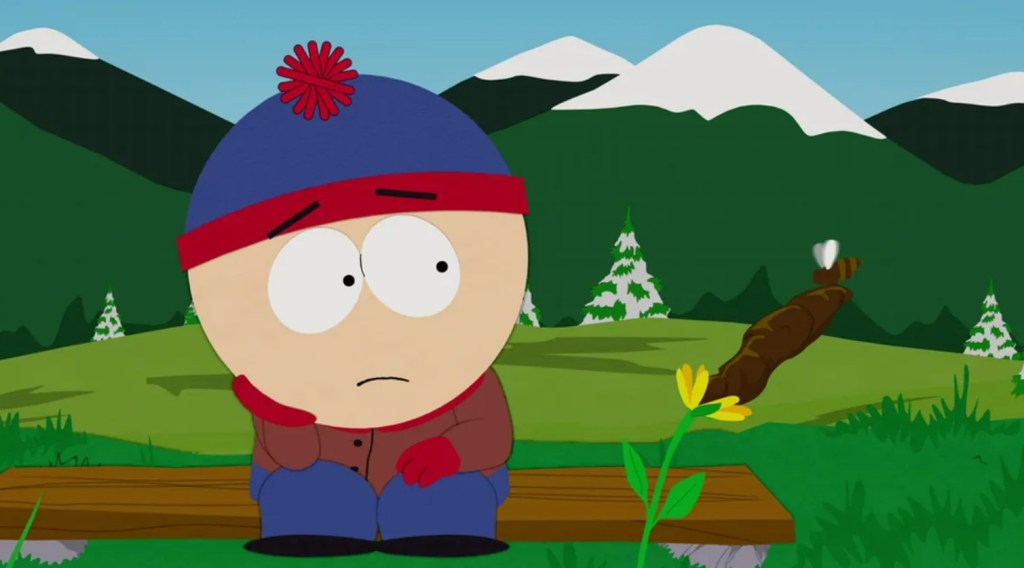
“You’re Getting Old” isn’t just the saddest South Park episode, it’s one of the most devastating episodes of any animated comedy. The story follows Stan as he turns 10, only to find that he has grown cynical and now sees everything he once loved as a literal pile of poop. His pessimism drives a wedge between him and his friends, while his parents announce they’re divorcing. The final montage, set to Fleetwood Mac’s “Landslide,” shows Stan’s life falling apart in silence.
This episode hit fans hard because it was unexpectedly raw and personal, tackling themes of aging, depression, and change. For longtime viewers, it felt like the boys might never be the same again. Even though later episodes softened the impact, “You’re Getting Old” remains the definitive South Park tearjerker. This episode speaks to adolescent malaise and the loss of innocence, not just for Stan, but for fans confronting change. The feeling that everything beloved becomes hollow is a real existential moment that many face.
Which South Park episode do you think is the saddest? Let us know in the comments and help us make this the most depressing thread of all time!








